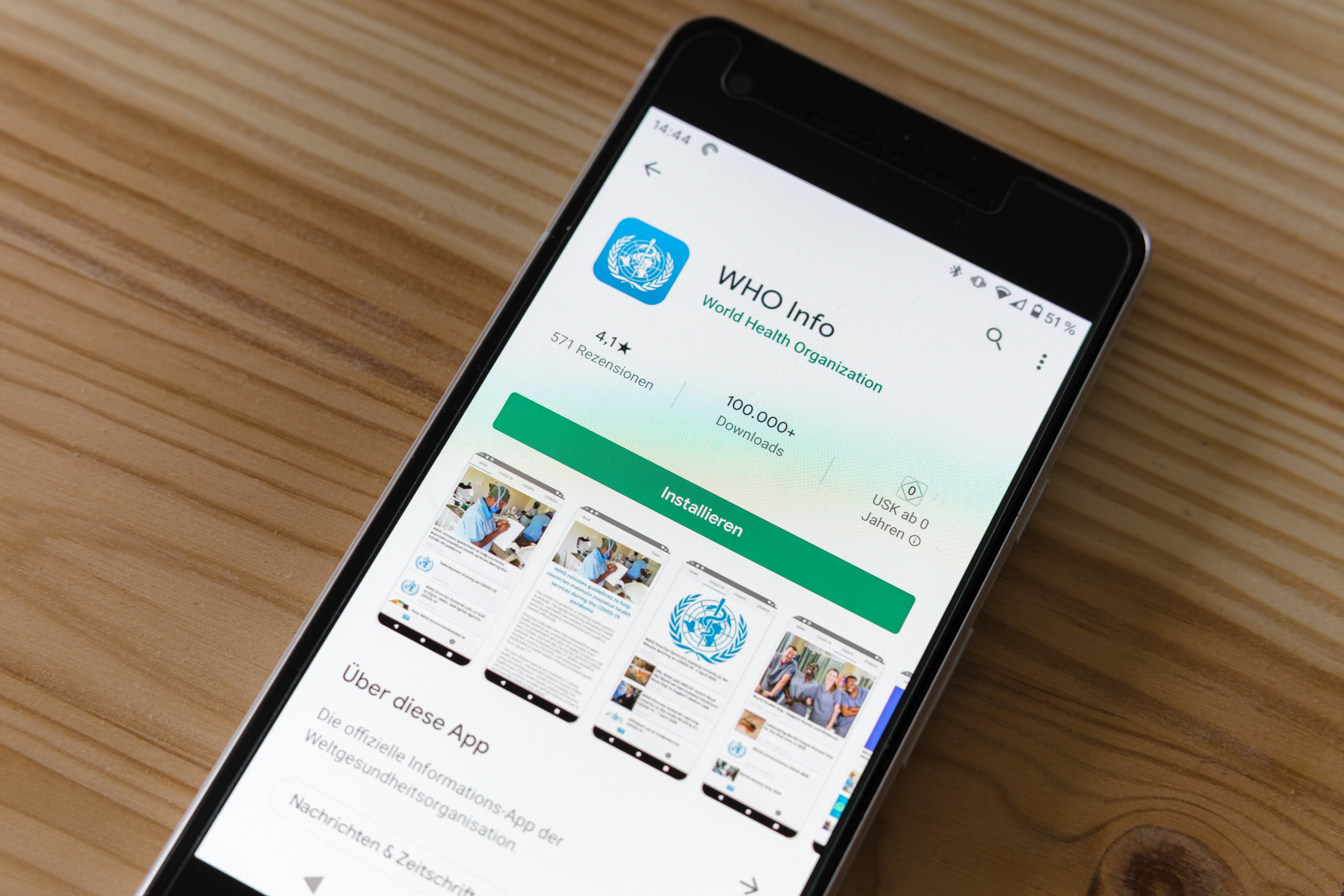World Health Day and Working From Home
On World Health Day it’s worth remembering that the last few decades have seen immense improvements in global health, prosperity and life expectancy. Let’s celebrate the incredible work of the World Health Organisation, and how thanks to them we are facing a future free of avoidable disease – but be aware that we still have work to do if we are to live free of all ailments.

The History of the WHO, and Celebrating 75 Years of Global Health Improvement
75 years ago, the World Health Organisation aligned education, public health care, funding and community engagement to create what we now know as World Health Day.
Global health progress has been immense but, as the World Health Organization themselves very recently highlighted, the world still faces unprecedented threats from climate change; underfunded global education; the threat of pandemics; malnutrition, and rising mental ill health.
This World Health Day, we want to reflect on the changing nature of health within remote workplaces, especially in industries where personal health, mental health and remote stress collide.

Photo by Emma Simpson on Unsplash.
The Health Crises of Today
As indicated above, the post-pandemic public health era is being slowly defined by two things – novel, unique health issues that have directly resulted from cultural changes to work; and the impact of legacy wellness strategies that simply aren’t suited to handle the health crises of today.
As we discuss below, the health of crises of today – and tomorrow – can be stymied by agile management and a wholesale culture shift to empathetic forms of wellness and health support.
The Health Crises of Tomorrow
How will the health crises of today roll into the next decade, and what unique forms of ill health will affect Gen Z and Gen A professionals in the future?
- Mental ill health – and the position of employers to help support it – is a hot topic now, and will continue to be.
- Gen Z and Gen A workers will have to contend with the multi-generational impact of pandemic-era economic scarring.
- The impact of the cost of living crisis and reduced access to wealth, capital and opportunities.
- The rise of cybercrime, and poor digital security within healthcare services.
- The problem of a changing climate and biodiversity loss (which is already manifesting in rising forms of depression and anxiety in communities across the world), and the rising spectre of authoritarianism and nationalistic movements in the West.
On a more personal scale, the rise of digital assets such as VR, not to mention the rapid development of AI and the impact of AI on jobs and leadership offers a vision of a future with minimal community engagement.
The impact of these issues on general health is, at this stage, unknown. But human beings are social creatures, and without suitable oversight (not to mention inventive occupational health services reacting to the changes) these issues could evolve into critical international health issues.

Photo by Markus Winkler on Unsplash.
However, we can predict and action a fix for most, if not all, of the above issues. Finding the middle ground – between innovation and control via adequate physical and mental health strategies – is the sweet spot all tech developers, government leaders and business owners need to find.
The easiest way to do this is by starting small and impacting change early. In our view, this means helping your people live healthier while at work, by building a culture of wellness, targeted mental health first aid, and workplace health promotion that sets a new societal standard.
The rise of remote work has borne novel remote work health issues, such as:
- Negative effects on mental health – “80% of UK employees that worked from home felt that doing so negatively impacted their mental health”.
- Rising isolation and loneliness – “81% of under-35s feared loneliness from long-term home working, and studies have showed heightened levels of stress and anxiety among younger workers since the shift to remote work”.
- Negative effects on physical health – “46% of those working from home took less exercise, with 39% reporting the development of musculoskeletal problems as a result of working from home, or working in ill-suited conditions”.
- Burnout – “6% of employees who work from home full-time experience burnout. 67% of remote workers report feeling pressured to be available all the time. 48% of remote workers feel as though they have no emotional support from their employers”.

Photo by Nikko Macaspac on Unsplash.
What Can Employers Do To Help Establish Better Remote Work Healthy Norms?
The secret to managing remote workers better lies in revamping expectations.
This means better health and safety support, better physical and mental health support, revamped health benefits, and targeted investment around direct employee needs.
The CIPD has a wonderful summary of remote working best practices noting as follows:
- Employers should provide staff with appropriate tech – from reductions in musculoskeletal and other injuries to better productivity, getting the right gear to your people can easily bring health benefits.
- Stay task-focused – working from home brings its own distractions. We err on the side of setting smaller, more frequent tasks to keep remote workers feeling integrated.
- Support your people! – Keep an open door policy and make sure your teams know there is nothing wrong with speaking up.
- Don’t encourage an always-on mentality – when the lines between work and home blur, it’s more important than ever that managers allow their people time away from the desk.
World Health Day Ideas and More
World Health Day falls on Friday, April 7th, 2023, and you can dive into World Health Day ideas and more here.
If you’re looking for your next job role, then Send Us Your CV, or Search Jobs to find out about the roles we currently have available.
Similar posts:
The Importance of Wellbeing to Business, World Health Day – How To Stay Healthy While Working Remotely
Job Seekers
On the hunt for your next role? Upload your CV below and we’ll be in touch to discuss your requirements.
Employers
For employers seeking the right skills and cultural fit for your business, send us your vacancy to find out more about how we can help.
Submit CV Send Us Your VacancySearch Jobs
Popular this week
- What Qualifications And Skills Are Needed To Be An Accountant?
- How Does Industry 4.0 Differ From The Previous Generation?
- Agile For Accountants: Six Steps To Provide Necessary Tools And Relevant Processes
- What Are The Main Differences Between ACA and ACCA?
- What Are The Top Five Financial Accounting Facts For #AccountantsDay